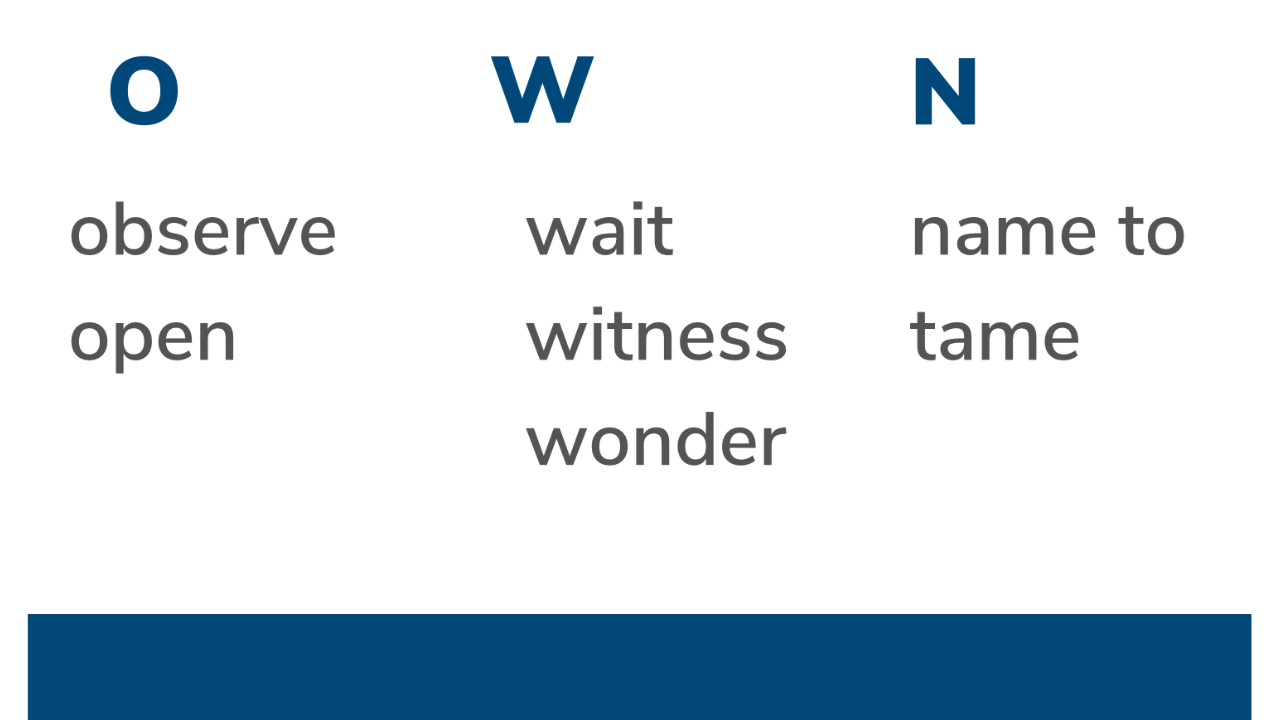Why students quit
Jun 10, 2025
It happened again.
I lost a student without warning.
I learned of it when they didn't pay for the fall.
No communication. No warning.
I think it's safe to say, most of us have had this experience at least once. It's unnerving. First, the questions start: Did I do something wrong? Was it something I said? And then, the hurt follows: What makes them think they can treat me this way?
It's normal to feel this way. But it is also important to realize that it isn't about you. Not really. If there were something you could have done differently or said in apology, don't you think it would have been revealed? If you must, ask them why they quit. You may get a useful reply, or your question may go unanswered. The truth is, people have their reasons and in most cases, they are only reacting to something in their lives unrelated to you or your services. Truly. People are overwhelmed and underequipped to deal with all that life throws at them.
So, number one: Take yourself out of the equation.
Taking yourself out of the equation requires two things from you: "owning" (observe-witness-name) your reaction and taking care of yourself, such as supportive self-talk, reframing the situation, taking a moment to breathe, or allowing yourself a harmless bit of comfort at the end of the day. Once you can dis-connect from your feelings of "this has been done to me," you are free to move on to the next step.
Number two: Identify what you can control.
Can you have a conversation with this student? Are you okay with letting it go? What is in your control to make this better for everyone? Choose to take action or not. Clarify what makes good use of your energy and do it.
Number three: Change your thinking.
Your thoughts control what you feel, sense and do. Unconscious thoughts, such as the beliefs we hold on to, can dramatically affect how we feel and react in a given situation. You have more freedom than you might believe. Play with it. Ask yourself: What do I know to be true? Is that really true? What possibilities can come from this that weren't there before? How might this be seen as a positive move for my student? Why this is so important is that is allows you to let go and be flexible with what is. That state of being is not only more healthy for you, but it is transmitted to those around you. People pick up on your good intentions and willingness to be resilient. Furthermore, that quality is attractive! It draws people to you! If you aren't grasping, angry, or needy, people realize you are more enjoyable to be around.
Number four: Share your good vibes.
It is commonly observed that the more you practice, the better and more skilled you become. This is true of your state of being as much as it is of your instrumental ability. The more you consciously take care of your reactions responsibly, the more easy it will be. And, your ability to create and sustain balance is infectious. Others mirror it. You discover you are treated in the way you deserve because you treat others that way.
Number five: Relish the students with whom you connect with most. Then, learn from it.
Why do students take lessons? Mom or dad may answer "music education" or "to learn an instrument." But if you ask a student why he/she comes to weekly lessons, the answer may surprise you...and them. More and more I am finding that it is the connection students have with a teacher and/or a studio community that keeps them in lessons. Connection involves curiosity and presence. Be curious "why" your students are this way or that. Be non-judgmental with the answer. Remember, it isn't about "you" but your presence. What you see in your student is often what he learns to see in himself. Think about that. If you see your student as hapless and unprepared, what do you think he feels in lesson? That shuts down connection. It may be TRUE that he is unprepared, but what can you do instead? What is of interest to him? Connection is the key to having a full, engaged studio.
These five points are useful to run through whenever you feel reactive. The more you practice them, the more automatic they become. And, the more they become a part of your presence, the happier everyone will be.
Stay connected with news and updates!
Join our mailing list to receive the latest news and updates from Alison Maerker Garner and Musical Minds.
Don't worry, your information will not be shared.

